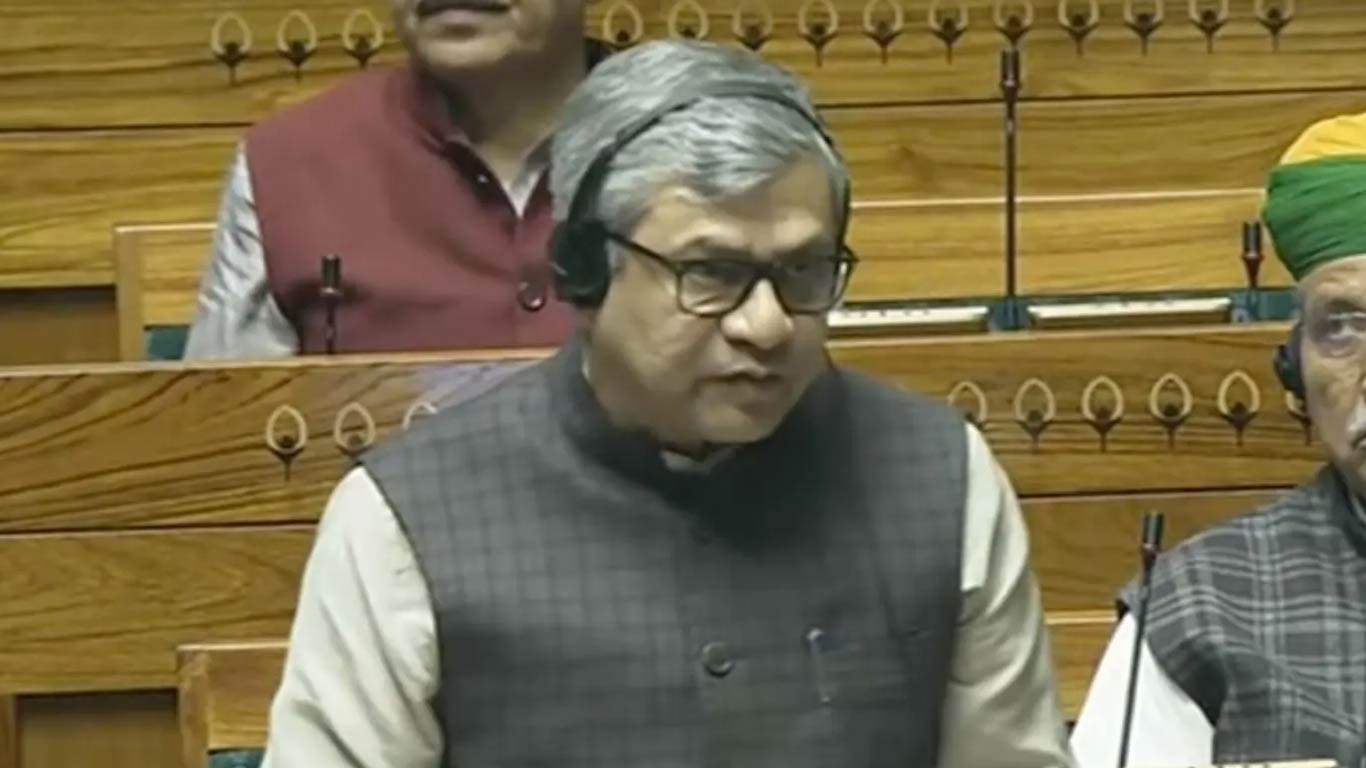Lok Sabha Greenlights Telecom Bill 2023, Replacing Century-Old Laws
Updated: Dec 21, 2023 04:46:48pm

Lok Sabha Greenlights Telecom Bill 2023, Replacing Century-Old Laws
New Delhi, Dec 21 (KNN) The Lok Sabha unanimously passed the comprehensive Telecommunications Bill 2023, in a landmark move on Wednesday, signalling the end of the Indian Telegraph Act of 1885, the Indian Wireless Telegraphy Act of 1933, and the Telegraph Wires (Unlawful Possession) Act of 1950.
The primary objective of the Bill is to revamp and simplify the regulatory and licensing framework for telecommunications, addressing existing bottlenecks in the development of telecom infrastructure.
Notably, it grants the government the authority to temporarily assume control of telecom services in the interest of national security and introduces a non-auction pathway for the allocation of satellite spectrum.
President of India recommended the Bill's introduction under Article 117(1) of the Constitution and suggested its consideration as a Finance Bill under Article 117(3), as per a Lok Sabha bulletin issued on Sunday.
Union Minister for Communications and Information Technology, Ashwini Vaishnaw, introduced the bill on December 18, and it swiftly received unanimous support in a vote minutes after the Minister sought permission for its introduction.
The proposed Telecom Bill 2023 represents a significant shift in the licensing regime for telecom networks, moving from the current system to a streamlined authorisation framework.
Under the existing structure, the telecom department issues over 100 types of licenses, registrations, and permissions.
The new bill aims to simplify this process by consolidating many into a single authorisation mechanism.
Among its provisions, the Bill facilitates the exercise of the right of way for laying telecom infrastructure in both public and private domains.
It empowers the Central government to implement measures protecting users, such as obtaining prior consent for specified messages and establishing a do-not-disturb register.
While spectrum allocation will primarily occur through auctions, specific entities and purposes will receive administrative assignments.
The bill also grants the government the power to reclaim unused spectrum and introduces provisions for spectrum sharing, trading, and leasing. Entities now have the option to surrender unused spectrum, albeit without compensation from the government.
“The Bill has clearly defined the reasons for which administratively spectrum would be allocated,” Union Minister Ashwini Vaishnaw said replying to the debate on the Bill before its passage.
In his address, Vaishnaw expressed confidence that the bill would bring about the most substantial reforms in the sector, simplifying the authorisation process to a single sanction instead of the current 100 licenses.
Retaining provisions from the Telegraph Act, the bill addresses interception or surveillance of telecommunications, allowing the Union government to assume control of a telecom network during public emergencies or safety concerns.
(KNN Bureau)












